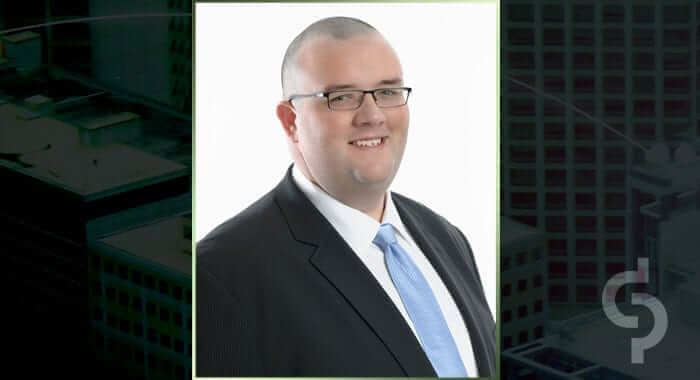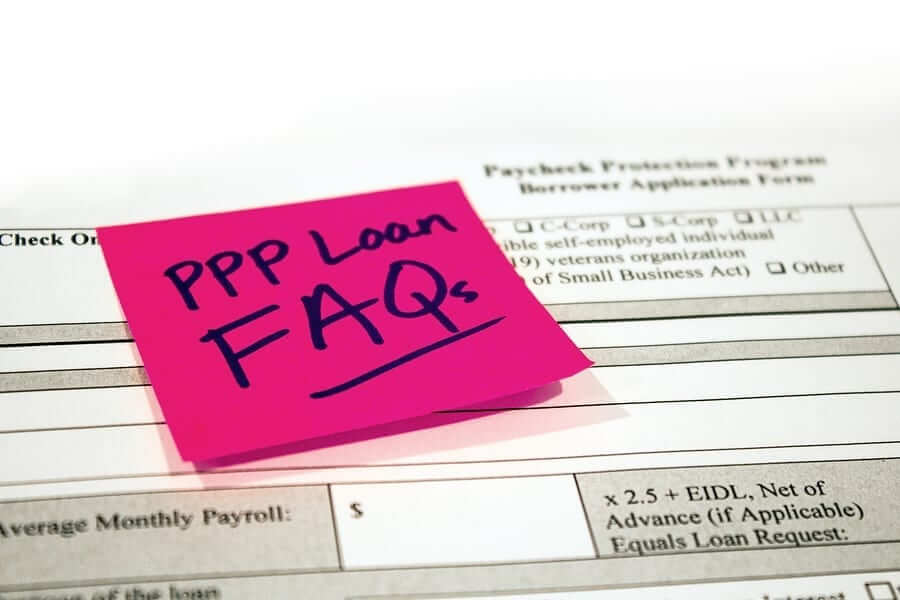The SBA now provides a “safe harbor”, stating that now any loan (“original principal amount” is the term used) for less than $2,000,000, including affiliates, will be deemed to have made the required certification in good faith. Since the SBA update on April 23, 2020 to the FAQ with Question 31, many borrowers have been concerned that their alternative sources of liquidity or prior balances would, in the government’s eyes, potentially make their certification in bad faith because of the lack of guidance. Now, any borrower with a loan below the safe harbor amount has been deemed in good faith and those concerns should be eliminated.
Borrowers with loans in excess of $2,000,000 will still be required to demonstrate an “adequate basis” for making the required good-faith certification. Please see our guide here as to what we believe should be considered and documented as the basis for this certification. The SBA says that these determinations will be based on the “individual circumstances” of the borrower and based on program requirements as set forth in the Interim Final Rules and application. To date, these program requirements still have not been well defined by the SBA, leaving many uncertain as to what economic uncertainty will mean under an SBA Review. While it is understandable that the SBA does not want to provide a simple “bright-line” empirical test and leave it more on the “facts and circumstances,” guidance on this is still very sparse.
One question that has come up has been what the consequences of a failure would be if a borrower did not have an adequate basis for this certification; that has now been addressed. Under the FAQ, any borrower that the SBA determines would be not eligible for the loan based on their economic necessity would be required to repay the loan and no forgiveness would be granted. Originally, there were statements of potential fines, penalties and potentially criminal prosecution if this was not made in good-faith, however, these concerns have now been backed down.
At this time, we still do not have any idea as to what the review will entail, how it will be performed or when it will occur. The SBA has said prior that the review will happen prior to any forgiveness, so it seems likely it will occur during the 60 day window between when a borrower can ask for forgiveness (whenever that is, as there is STILL no guidance) and when it is granted. It is likely (however, not guaranteed, this is just our guess) the review will include the following:
- A Self-Certified Questionnaire to the borrower that will ask about operations and liquidity
- Previously filed tax returns
- Interim financial statements
- Any other contemporaneous documentation deemed necessary
Borrowers still have until May 14, 2020 to return loans if they feel they do not have an adequate basis for making the good-faith certification or do not fall into the safe harbor.

Edward McWilliams, CPA
Partner
Ed is a Partner in the firm’s tax and business advisory practice focusing on providing services to middle market private companies across different industries as well as to early stage startups. Ed has over a decade of experience providing tax and business consulting services to these companies of different sizes and across different industries, bringing a broad and diverse knowledge base and strategic solutions to the many complex issues that businesses face.





